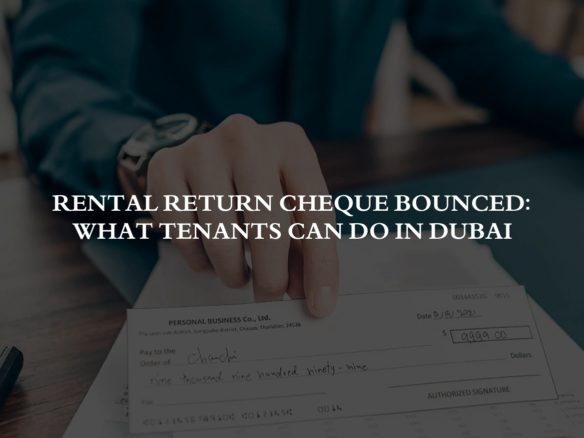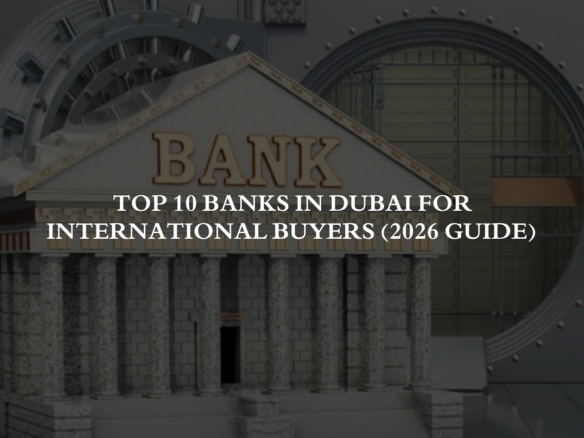Table of Contents
Dubai, the city of dreams, has always fascinated people worldwide. With its rapid development, luxurious lifestyle, and strategic location, it has become a hotspot for real estate investments. However, the market is not without its challenges. In this article, we’ll explore the dynamics of Dubai real estate market trends, discuss the concerns of oversupply, and provide insights into future trends.
Introduction to Dubai Real Estate Market Trends
Dubai’s real estate market is one of the most dynamic and intriguing in the world. Since 1960, the population of Dubai has grown by an astounding 15,000%, transforming the city from a small trading port into a global metropolis. This explosive growth has fueled a booming real estate sector, attracting investors from all corners of the globe.
The Phenomenon of Oversupply
Understanding Oversupply
Oversupply occurs when there are more properties available for sale or rent than there are buyers or tenants. This can lead to a decrease in property prices and rental yields, causing concerns among investors and developers.
Historical Context
Looking back at historical data, we see that Dubai has faced oversupply situations before. In 2008 and again in 2014-2015, the market experienced significant supply gluts. However, these were eventually absorbed as the city continued to grow and attract new residents.
Current Market Conditions
High Property Prices
Currently, property prices in Dubai are high. This is partly due to the premium placed on prime real estate locations and the luxurious nature of many developments. Despite these high prices, Dubai remains more affordable than other global cities like Monaco, Hong Kong, or London.
Demand Correction
There is a consensus that demand will correct itself over time. The market operates in cycles, much like the seasons. After a period of high demand and rising prices, there may be a slowdown, followed by a recovery phase.
Factors Influencing Dubai Real Estate Market Trends
Population Growth
From 1960 to 2024, Dubai’s population has increased by 15,000%. This growth has been a significant driver of real estate demand. Dubai’s strategic location, within a four-hour flight of 4 billion people, makes it an attractive destination for expatriates and businesses.
Global Attractiveness
Dubai’s appeal as a global city is undeniable. Its luxurious lifestyle, tax-free environment, and world-class infrastructure attract people from around the world. This international allure helps sustain demand for real estate, even when local factors might suggest a slowdown.
The Role of Economic Cycles
Market Fluctuations
The real estate market, like any other, goes through cycles. There are periods of growth, stability, and correction. These cycles are influenced by various factors, including economic conditions, investor sentiment, and government policies.
Resilience in Adversity
Despite facing challenges, Dubai’s real estate market has shown resilience. The 2008 financial crisis was a significant test, but the market recovered over time. Similarly, the market has weathered other downturns and emerged stronger.
Future Predictions for Dubai’s Real Estate Market
Potential for Correction
While there is potential for a market correction, it is not necessarily a cause for alarm. Corrections are a natural part of the market cycle and can help stabilize prices and bring long-term sustainability.
Long-Term Growth
In the long run, Dubai’s real estate market is expected to continue growing. The city’s strategic initiatives, such as the Expo 2020 and various mega-projects, will drive demand and attract investments.
Investing in Dubai Real Estate
Value Investment
Investing in Dubai’s real estate market requires a long-term perspective. Rather than seeking quick profits, investors should focus on value assets that offer steady returns over time.
Expert Guidance
Working with experienced professionals can help investors navigate the market and make informed decisions. Consulting with real estate experts can provide valuable insights and reduce risks.
Conclusion
Dubai’s real estate market is complex and dynamic. While concerns about oversupply and high prices are valid, the market’s long-term prospects remain strong. With its strategic location, robust population growth, and global appeal, Dubai continues to be an attractive destination for real estate investments. Understanding the market cycles and investing wisely can help investors achieve their financial goals.
FAQs
1. Is now a good time to invest in Dubai real estate?
Yes, but it’s essential to focus on long-term value investments and seek guidance from experts to navigate the current market conditions.
2. What are the risks of investing in Dubai real estate?
The primary risks include market fluctuations, oversupply, and economic downturns. However, these can be mitigated with careful planning and expert advice.
3. How does Dubai’s population growth affect the real estate market?
The rapid population growth drives demand for housing, commercial spaces, and infrastructure, supporting long-term growth in the real estate market.
4. What should I consider when buying property in Dubai?
Consider factors such as location, property type, developer reputation, and market trends. It’s also advisable to work with a trusted real estate agent or consultant.
5. How does Dubai compare to other global real estate markets?
Dubai offers a unique combination of luxury, affordability, and strategic location, making it an attractive option compared to other global cities like Monaco, Hong Kong, or London.





Join The Discussion